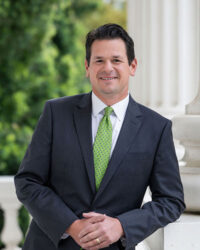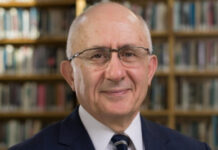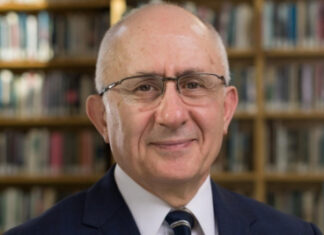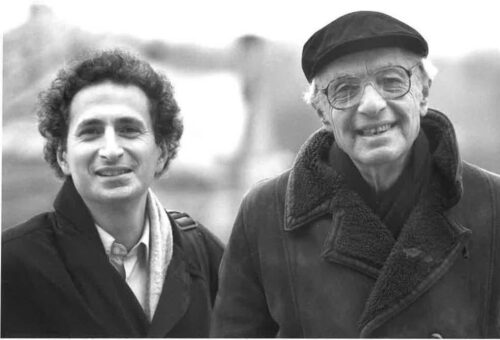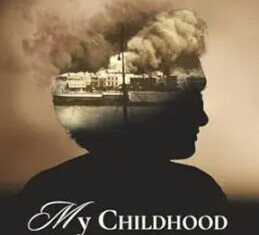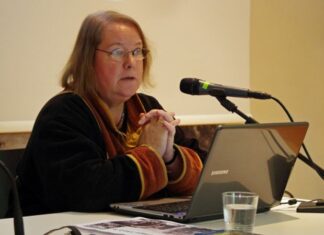BOSTON — Justice Gabrielle Repsimé Wolohojian has sedulously worked many years in the field of law, first as a lawyer and then as a judge, and has reached the top ranks of her profession. Along the way, she achieved a number of “firsts.” This year, she became the first person of Armenian heritage to ever sit on the Massachusetts Supreme Judicial Court (SJC) and the first woman of Armenian heritage to ever sit on any US state supreme court. Her Armenian heritage has played an important role in her life and has inspired her in various ways.
Massachusetts Appeals Court and the Supreme Judicial Court
Until this year, Wolohojian served on the Massachusetts Appeals Court, to which she was appointed in 2007. The jurisdiction of state courts is broad. In fact, Wolohojian said, “The jurisdiction of state courts is unlimited. I will tell you that when I was on the Appeals Court, I literally sat on cases which involved murders, and at the same time, on the opposite end of the spectrum, such as, and this is extreme — it did not happen often — an appeal from a water bill.”
In other words, everything and anything you can imagine that has been tried in a Massachusetts administrative agency or in any of the various trial court departments ultimately comes up through the Appeals Court or the Supreme Judicial Court.
Furthermore, cases coming to the Appeals Court are randomly assigned to judges, who sit in panels of three, based on calendars. Wolohojian said “that seemed very connected to me to the idea of public service — that you don’t get to pick. Some of the cases are not that interesting, some of the cases are terrible, some of the cases are so interesting, but your job is just to make yourself available to the best of your ability to every case. I loved that notion.”
The jurisdictions of the Appeals Court and SJC largely overlap but there is one significant difference between the two. Wolohojian pointed out that the Appeals Court does not have jurisdiction over first-degree murder convictions, as only the SJC can take such cases. There are also some types of appeals, like from bar discipline matters, over which the SJC has exclusive jurisdiction.
